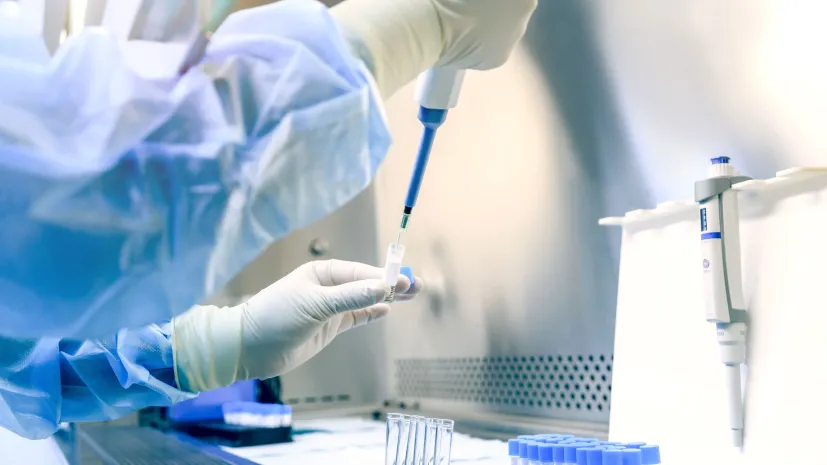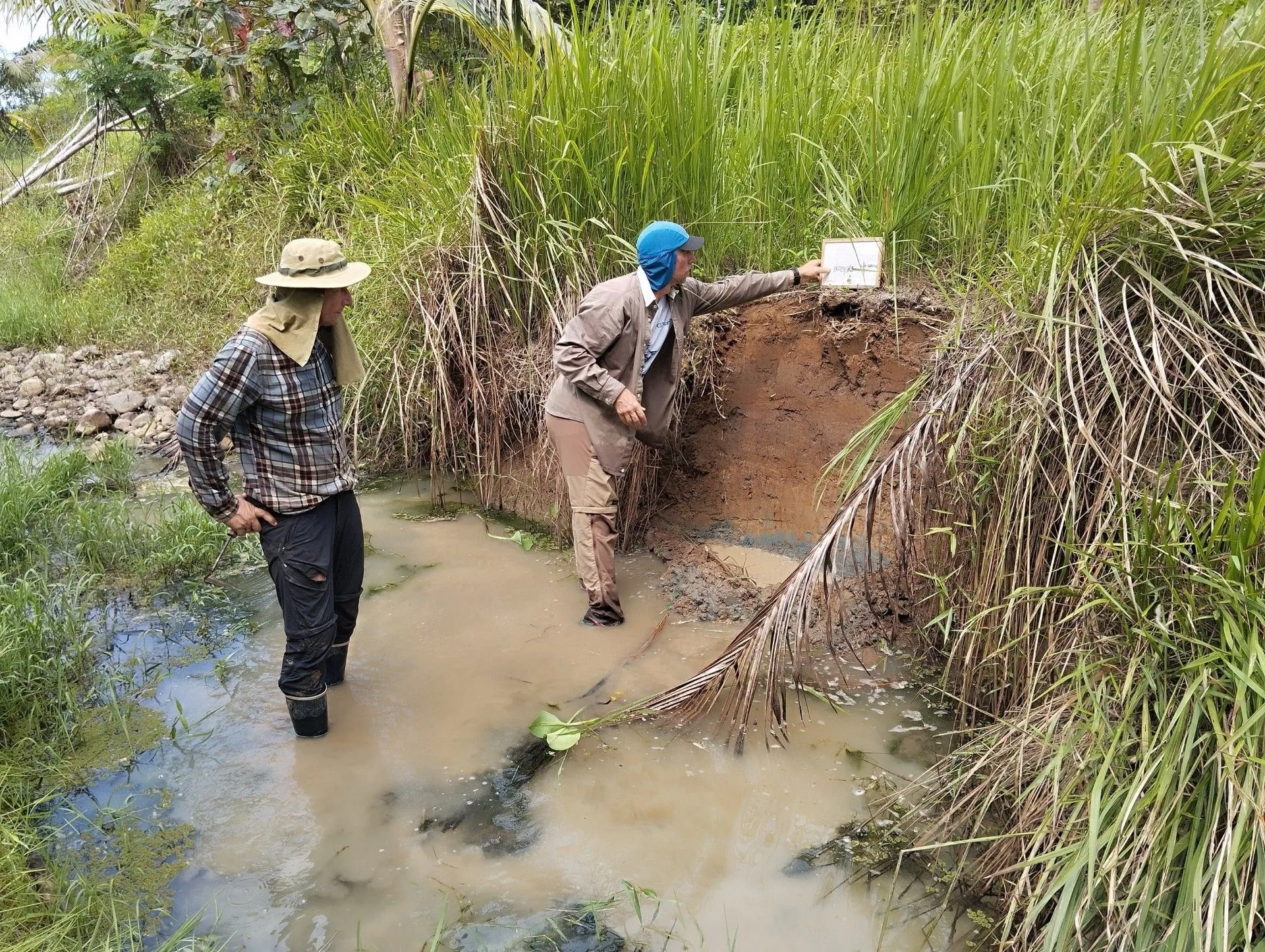-
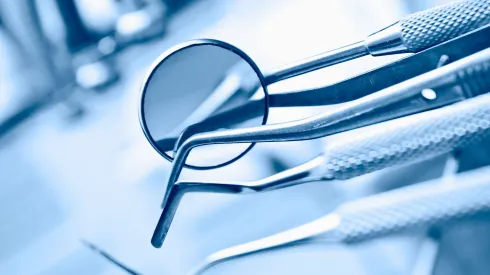
New painless dental treatment to stop early cavities developed by Silesian scientists
Researchers from the Medical University of Silesia, in collaboration with the Silesian University of Technology, have developed an innovative dental treatment that promises to halt the progression of early-stage tooth decay – without the need for drilling or painful procedures.
-
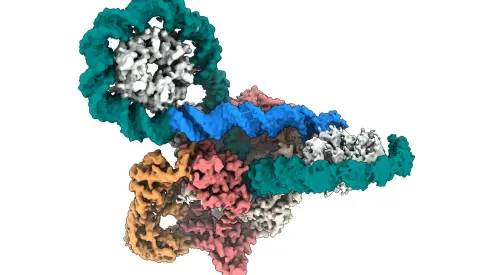
Cryo-electron microscopy reveals bacterial survival mechanisms
Scientists from the Jagiellonian University, alongside international collaborators, have revealed unprecedented high-resolution images of DNA gyrase, a critical enzyme for bacterial survival.
-
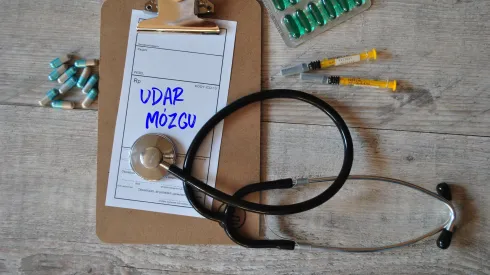
Severe strokes linked to three main preventable causes
High blood pressure, smoking, and atrial fibrillation are the leading causes of severe strokes, according to an international study.
-

Polish scientists working on breakthrough diagnostic panel to detect endometriosis
Scientists from the Medical University of Warsaw and the Polish Academy of Sciences are working on an innovative diagnostic panel aimed at detecting endometriosis through a blood sample.
-

Psychiatrists to investigate potential of psilocybin in treating drug-resistant depression
Psychiatrists want to investigate the potential of psilocybin in the treatment of drug-resistant depression. Piotr Marcinowicz and Magdalena Więdłocha and their team received a recommendation for funding to the amount of PLN 16 million from the Medical Research Agency for this research.
-
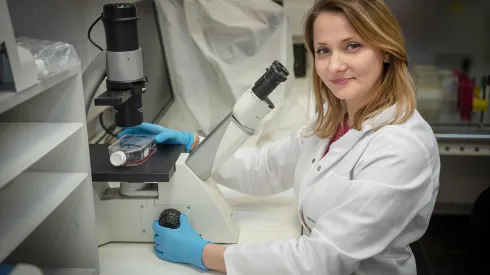
Research by Wrocław biochemist gives hopes for breakthrough in peritoneal cancer treatment
A Polish scientist is spearheading innovative research into the treatment of peritoneal cancers, which often arise from metastases originating in the ovaries, colon, or stomach.
-
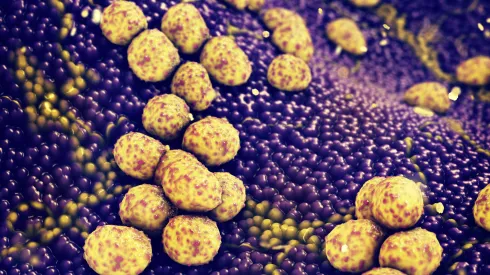
New Hope! Polish scientists know how to fight dangerous Staphylococcus aureus bacteria
Polish scientists have taken a step forward in the fight against one of the most stubborn and dangerous bacteria: Staphylococcus aureus.
-

Tattoos are bad for health, warns dermatologist
From a health perspective, tattoos are not worth getting, says Maciej Pastuszczak, a dermatologist from the Medical University of Silesia. He points to, among other things, the potential carcinogenicity of some ingredients of inks, and the increased risk of pathogenic processes.
-

Scientists from West Pomeranian University of Technology develop carp meat crisps
Carp and starch crisps are healthier and less caloric than regular crisps, and they contain omega-3 acids, minerals and vitamins. The new snack was developed by scientists from the Department of Fish, Plant and Gastronomy Technology of the West Pomeranian University of Technology. 'Karpioki' can be mass-produced.

